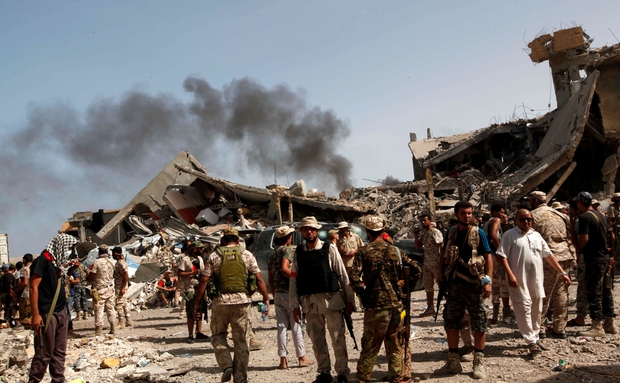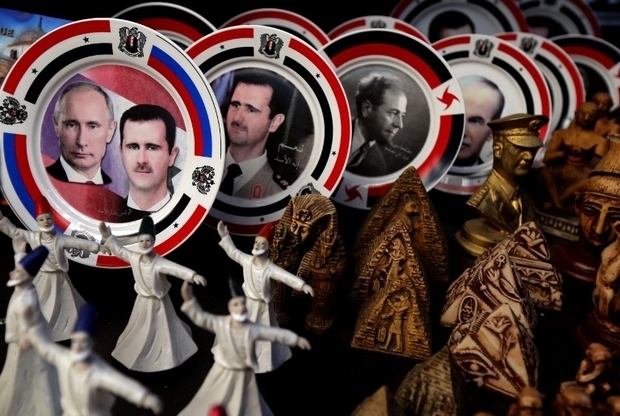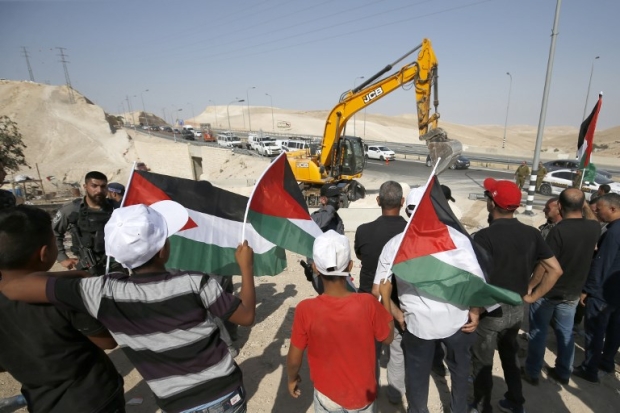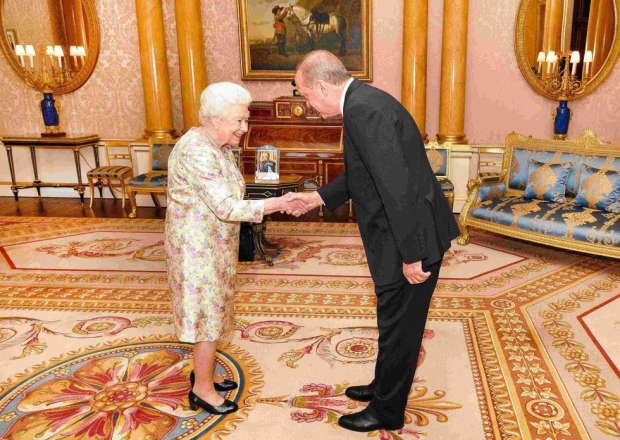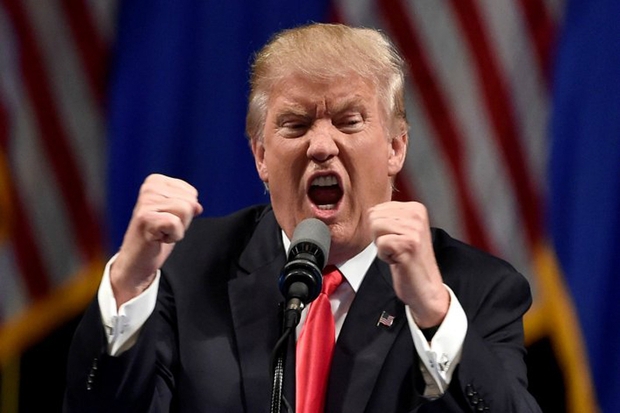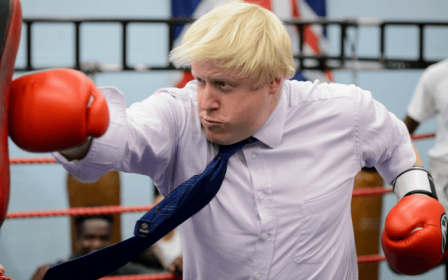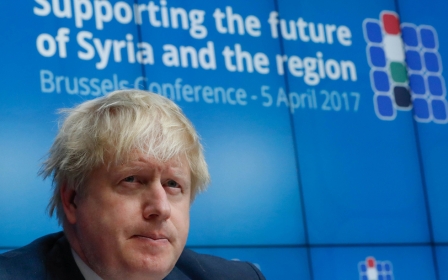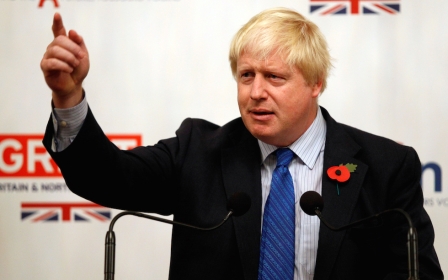Boris Johnson and the Middle East: Seven defining moments as foreign secretary
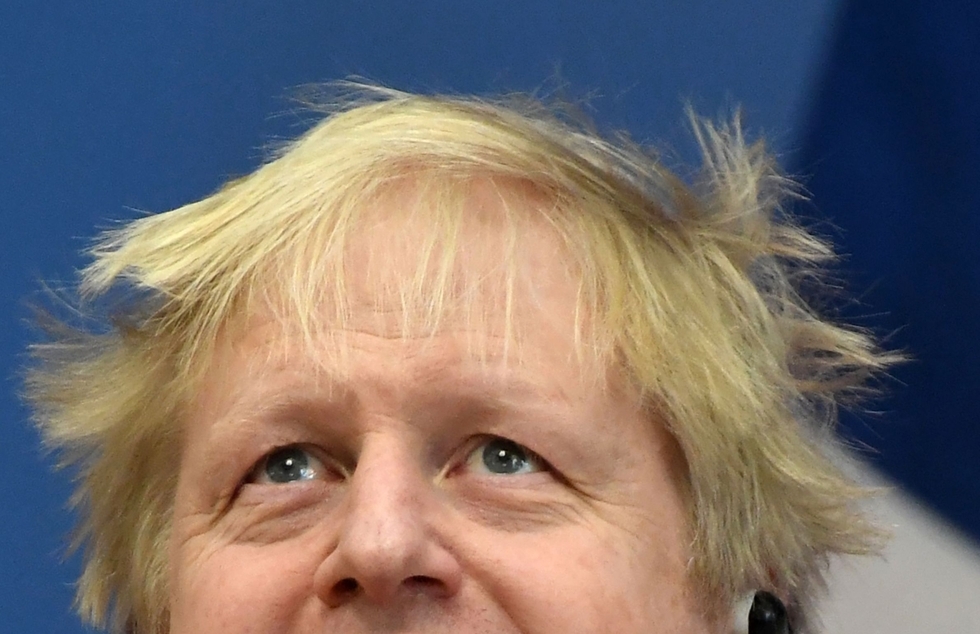
Boris Johnson has resigned as UK foreign secretary following disagreements over Prime Minister Theresa May's plans to leave the European Union.
Johnson is the third minister in 24 hours to quit the government over May's Brexit plans, putting the government in a renewed crisis.
Before becoming foreign secretary, Johnson made several controversial comments on the Middle East and other parts of the world, bringing in to question his suitability for the role.
But since coming to office, his previously held stances have changed significantly. Here are some of Johnson's key Middle East moments as foreign secretary.
1. Endangering Nazanin Zaghari Ratcliffe
Johnson's comments on Nazanin Zaghari-Ratcliffe, a British-Iranian woman held in Iran, bolstered Tehran's charges of espionage against her.
His claim led to an Iranian judge accusing Ratcliffe of spreading propaganda after she was jailed on an espionage charge, with the risk that her sentence could be increased.
Johnson later retracted the comments.
2. Sirte's 'dead bodies'
In October, Johnson claimed that Libya's Sirte could be a new Dubai once the "dead bodies" had been cleared up.
A senior Libyan politician expressed his disgust at the comments and told Middle East Eye that Johnson had "dishonoured the sacrifice" of up to 750 Libyans who died fighting to capture the central Libyan city from Islamic State militants.
3. Military action on Syria
Earlier this year, Johnson backed US air strikes against the Syrian government and called on Britain to consider "military action against Assad".
4. Calling out Israeli 'apartheid'
In March 2017, during an interview with The Jerusalem Post, Johnson said that Israel had to choose between a two-state solution or an "apartheid system".
"What we are saying is that you have to have a two-state solution or else you have a kind of apartheid system," Johnson said in an interview published by the Post.
5. Erdogan U-turn
Johnson leaves behind a stronger relationship with Turkey as part of a flurry of post-Brexit trade and weapons deals.
However, strong ties with Ankara may come as a surprise due to Johnson's previous comments about President Recep Tayyip Erdogan, once penning a poem that said the Turkish president enjoyed having sex with a goat.
6. Praise for man behind 'ill-informed' Muslim travel ban
During a recent visit to America, Johnson reportedly said he "admired" US President Donald Trump, even quipping recently that he could take over the UK's Brexit negotiations.
It stands in stark contrast to when he described Trump's comments on London and the Muslim travel ban as "ill-informed" and "complete and utter nonsense."
7. Yemen. Lebanon. What's the difference?
In late 2017, Johnson described the war in Yemen as the “world’s worst humanitarian crisis”. By January 2018 he was holding talks with Oman and Saudi Arabia.
But that same month he managed to commit a geographic gaffe when he remarked in a Cabinet meeting that "we have got to do something about the Saudi war on Lebanon..."
UK Prime Minister Theresa May then said: "Sorry to butt in here, but I think you mean Yemen, not Lebanon." Johnson apologised.
New MEE newsletter: Jerusalem Dispatch
Sign up to get the latest insights and analysis on Israel-Palestine, alongside Turkey Unpacked and other MEE newsletters
Middle East Eye delivers independent and unrivalled coverage and analysis of the Middle East, North Africa and beyond. To learn more about republishing this content and the associated fees, please fill out this form. More about MEE can be found here.


